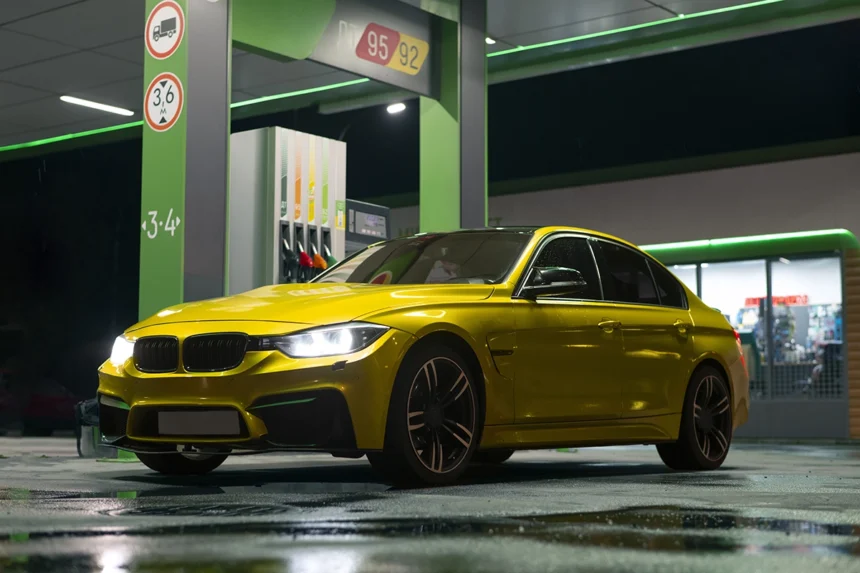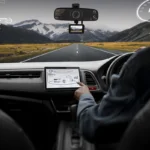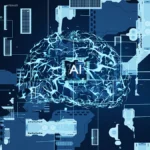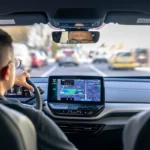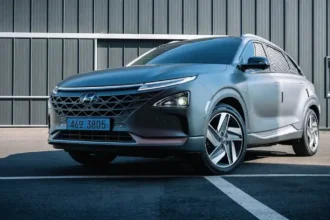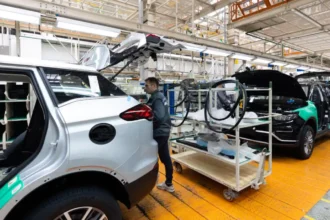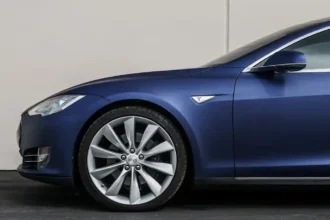Have you ever wondered how the latest advancements in artificial intelligence are reshaping the automotive industry? As technology continues to evolve, the intersection of AI technology and car design is revolutionizing the way vehicles are conceived, developed, and manufactured. With innovative AI solutions, automotive manufacturers are not just enhancing vehicle performance; they are redefining design efficiency and pushing the boundaries of what is possible in automotive innovation.
In this article, we will delve into the multifaceted impact of AI on modern car design. We’ll explore how AI technology is influencing everything from conceptual design to manufacturing processes, and we’ll answer some common questions about this rapidly evolving field.
The Role of AI in Modern Car Design
Artificial intelligence is not just a buzzword; it’s a transformative force in the automotive industry. From machine learning algorithms that analyze consumer preferences to advanced simulation tools that optimize design, AI is at the forefront of automotive innovation. Here are some key areas where AI is making a significant impact on car design:
1. Conceptual Design and Prototyping
AI tools are revolutionizing the conceptual design phase of automotive development. Traditionally, creating a new car model involved lengthy brainstorming sessions and countless sketches. Today, AI algorithms can analyze vast amounts of data to identify design trends and consumer preferences, allowing designers to create more appealing models.
- Generative Design: AI systems can create multiple design options based on specified parameters, such as weight, material, and cost. This allows designers to explore innovative shapes and structures that they may not have considered otherwise.
- Virtual Reality (VR) Integration: Combining AI with VR technologies enables designers to visualize and interact with their models in a virtual space, speeding up the prototyping process.
2. Design Efficiency
One of the most significant benefits of incorporating AI technology into car design is the enhancement of design efficiency. AI can streamline workflows, reducing the time and cost associated with traditional design processes. Here’s how:
| AI Application | Impact on Design Efficiency |
|---|---|
| Automated Rendering | Speeds up the visualization of design concepts |
| Predictive Analytics | Helps anticipate design flaws before production |
| Smart Material Selection | Identifies the best materials for performance and cost |
With these tools, designers can focus more on creativity and innovation rather than tedious manual tasks.
3. Enhanced Safety Features
Safety is a top priority in modern car design. AI technology plays a critical role in enhancing vehicle safety features, from advanced driver-assistance systems (ADAS) to autonomous driving capabilities. Some notable AI applications in safety design include:
- Collision Detection: AI algorithms can process data from various sensors to predict and prevent potential collisions.
- Adaptive Cruise Control: Utilizing machine learning, vehicles can learn to adapt their speed based on traffic patterns, enhancing both safety and efficiency.
4. User-Centric Design
As consumer expectations evolve, the need for user-centric design has become paramount. AI allows automotive designers to gain insights into user behavior and preferences, leading to the creation of vehicles that are more tailored to the needs of drivers. Here’s how:
- Voice Recognition Systems: AI-powered voice assistants improve the user experience by allowing drivers to control various functions without taking their hands off the wheel.
- Personalized Interfaces: Machine learning algorithms can learn from user interactions and customize the dashboard displays according to individual preferences.
5. Sustainability in Design
Sustainability is a significant concern in the automotive industry, and AI is paving the way for greener car design. By optimizing manufacturing processes and selecting eco-friendly materials, AI can help reduce the environmental impact of vehicle production. Some examples include:
- Life Cycle Analysis (LCA): AI tools can assess the environmental impact of materials and processes, enabling manufacturers to make more sustainable choices.
- Electric Vehicle (EV) Design: AI can optimize battery design and performance, contributing to the development of more efficient electric vehicles.
FAQs About AI in Car Design
How is AI changing car manufacturing?
AI is streamlining manufacturing processes through automation, predictive maintenance, and quality control. This leads to reduced production costs and improved product quality.
What are some challenges of implementing AI in car design?
While AI offers numerous benefits, challenges include high implementation costs, data privacy concerns, and the need for skilled professionals to manage AI systems.
Are there specific car brands leading the way in AI technology?
Yes, brands like Tesla, BMW, and Ford are at the forefront of incorporating AI in their design and manufacturing processes, pushing the boundaries of innovation.
How does AI improve vehicle safety?
AI enhances safety through real-time data analysis from sensors, predictive analytics for collision avoidance, and adaptive driving features.
What future trends can we expect in AI and car design?
We can expect advancements in fully autonomous vehicles, more personalized user experiences, and continued focus on sustainable practices in car design.
READ MORE : Keyless Entry Systems and Their Security Risks
Conclusion
The integration of artificial intelligence into modern car design is not just a trend; it’s a fundamental shift that is reshaping the automotive industry. From enhancing design efficiency to improving safety features and promoting sustainability, AI technology is proving to be a game changer in automotive innovation.
As we move forward, the possibilities for AI in car design are limitless. The future of automotive design is bright, and we’re excited to see how these advancements will continue to evolve.
Thank you for joining us in exploring the innovative impact of AI on car design. If you want to stay updated with the latest trends and insights in the automotive industry, we invite you to follow us on social media, subscribe to our push notifications, and join our newsletter. Together, let’s navigate the future of automotive innovation.


